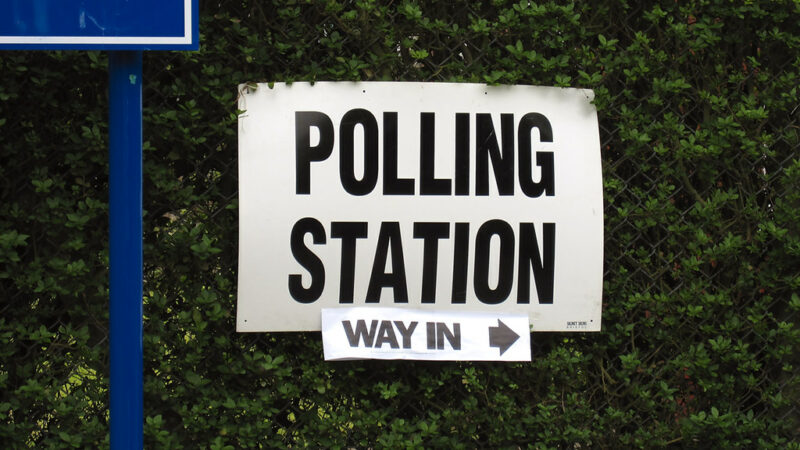The Tory party are plotting a boundary change that would see Labour lose more seats than them

Prime Minister Boris Johnson is very likely to change the election boundaries ahead of the next General Election, which would increase the Tory majority to 104 seats.
The Tories have been accused of rigging democracy since the changes would disproportionately benefit them compared to other parties.
If this were to happen, the Conservatives would have double the number of seats as the Labour Party.
This is, of course, all theoretical. Pollsters Electoral Calculus worked out how many seats the Tories would have with the new boundaries based on the December 2019 General Election results. This could change in the next election, but the point is, it provides a guide as to the impact of the changes.
The Boundary Commission proposed the reform to reduce the number of seats in the House of Commons from 650 to 600 in 2018.
It’s a change that the Tories have been plotting for a while, claiming that the exisiting electoral boundaries are unfairly biased towards Labour.
Yet with last week’s results and the Tories winning 56% of the seats on 44% of the vote, this argument has weakened.
As things stand now, the reforms would mean the Tories would have 352 seats, Labour would have 174 and the SNP would have 47.
Due to how the boundaries would change, the Tories would lose 13 seats, Labour would lose 29, the SNP would drop two.
So the number of MPs in the House of Commons would decrease, and each seat would have about 75,000 voters in it.
The aim is to help even out the constituencies, since there’s currently a big variation in numbers.
For instance, Na h-Eileanan an Iar, in the Outer Hebrides has 22,000 voters while the Isle of Wight has 111,000.
A flaw in the plan is that smaller regions like Wales would lose a disproportionate number of MPs under the proposals.
Election expert and Tory peer explained: “A full boundary review has already been carried out an is ready to go, barring a legal dispute in Northern Island which is still to be resolved.
“The Government now has to decide whether to implement the existing recommendations or start a completely new review.”
Lucy Skoulding is a freelance reporter at Left Foot Forward. Follow her on Twitter.
To reach hundreds of thousands of new readers and to make the biggest impact we can in the next general election, we need to grow our donor base substantially.
That's why in 2024, we are seeking to generate 150 additional regular donors to support Left Foot Forward's work.
We still need another 124 people to donate to hit the target. You can help. Donate today.




15 Responses to “Tories accused of rigging democracy ahead of boundary changes”
Patrick Newman
I wonder if “Alice” understands the distinction of argument and assertion!
Alice Aforethought
We hear a lot about the dangers of having a weak opposition but the fiasco of boundaries unaltered since 2001 shows the dangers of having a weak government.
These boundaries should have been updated in 2010-2015 but as this didn’t suit the Lib Dems it didn’t happen. In the brief year that Cameron had a majority he had other things on his mind and May’s weak government hadn’t the wherewithal to do anything.
As a result, 2010, 2015, 2017 and 2019 have all been fought on obsolete boundaries. They’ve remained obsolete because it suited the parties of the left.
Along with the BBC this needs sweeping away.
Graham Taylor
The current proposals are now completely out of date and need to be dropped and start again. Nobody was happy with what the Commission came up with as they were stuck with using the wrong number of electors (based on out-of-date registers as highlighted in other comments) but also very limited in how much they could fluctuate by, causing some ridiculous proposals crossing borough/county lines.
its’ well overdue, but start again – allow greater fluctuation and work on better data than the electoral register.
Graham Taylor
By the way, who has accused them? And who is the Tory peer quoted?
Dodgy Geezer
“………It’s a change that the Tories have been plotting for a while, claiming that the exisiting electoral boundaries are unfairly biased towards Labour. Yet with last week’s results and the Tories winning 56% of the seats on 44% of the vote, this argument has weakened……….”
Er…no? The allocation IS biased towards Labour – everyone agrees that. The point is that Labour has been running with an unfair advantage over the last 10 years, and, once corrected, everyone will see how small a set of voters it really has….